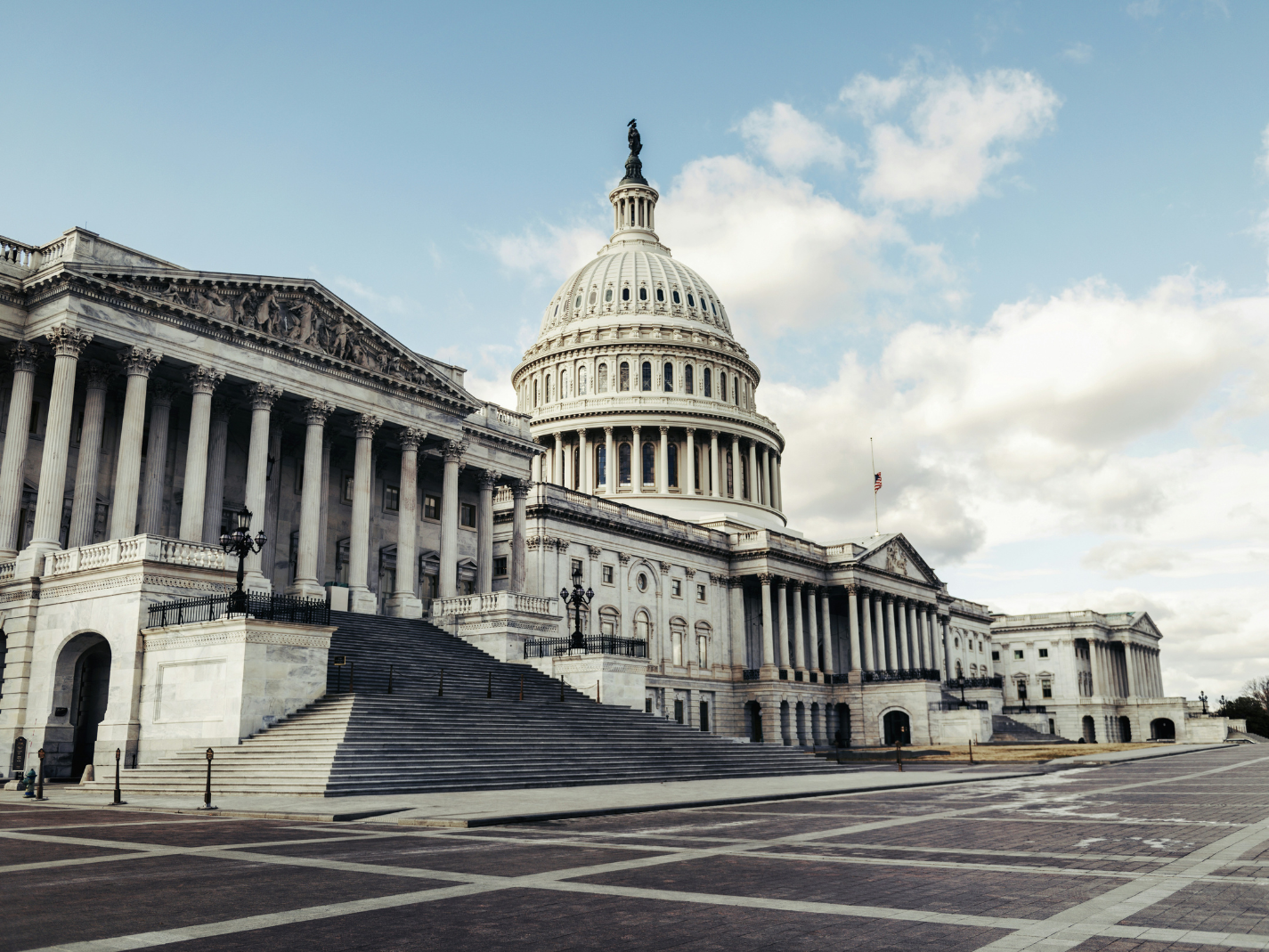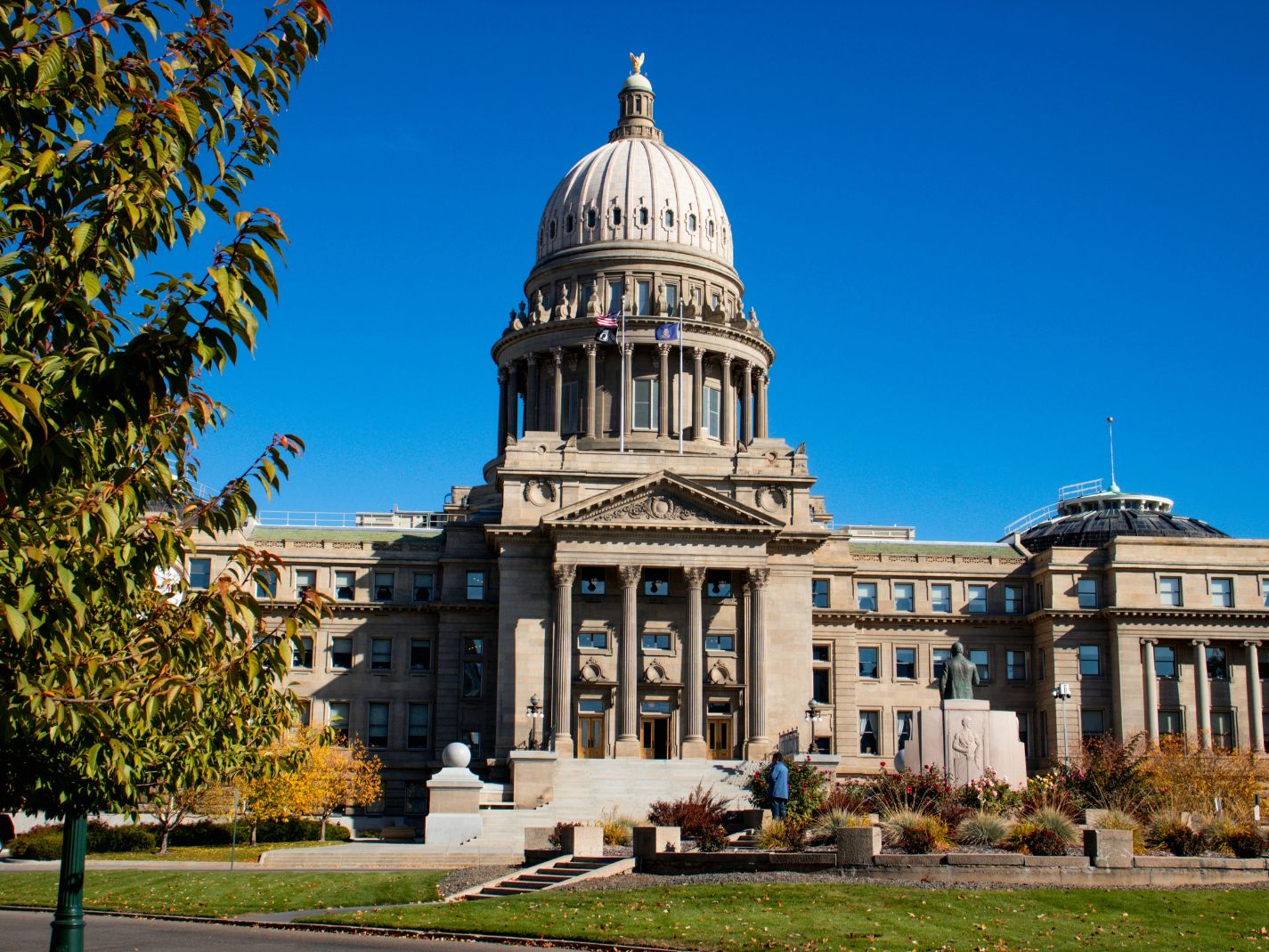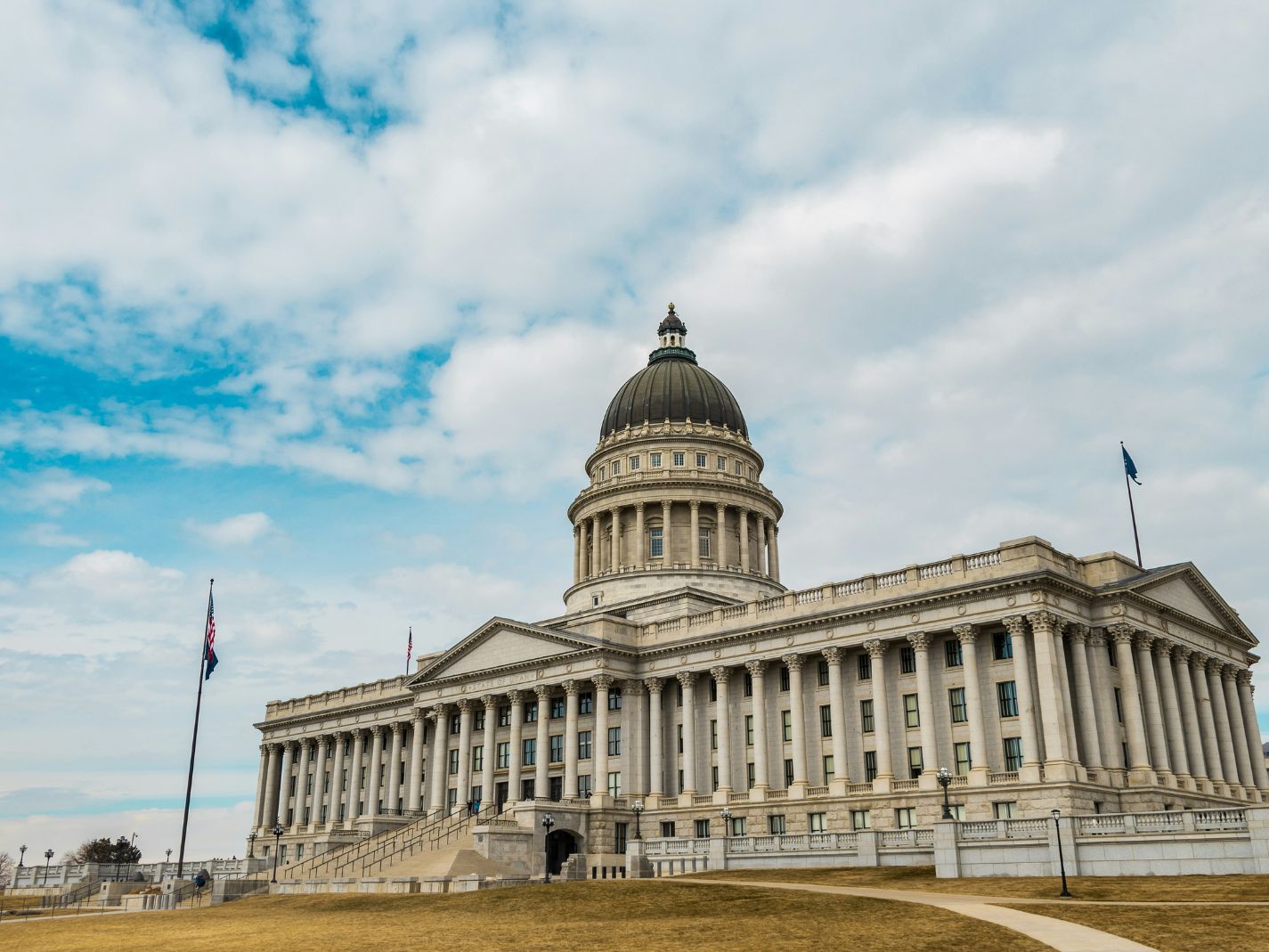The consequences of the federal elections … a new Idaho affiliate … state reform and new resources … All this and more in the latest Resolute!
Federal Election Results
We finally have the results of the federal election! That means policymakers may turn away from considerations of ballot deadlines and whatnot to considerations of the nuts and bolts of civics education policies. But of course, a new federal administration has certain implications for state and local policy.
Mostly, it means the federal government is less likely to get in the way of state and local education reform. Federal government has all sorts of strings it attaches to the money it disburses, and these can deter education officials from undertaking bold reform. The education world is exceedingly complex, but a federal administration more friendly to education reform is likely to be more permissive to state and local experiment. Federal permanent bureaucrats can still make trouble—but there’s likely be more active oversight on the permanent bureaucracy. So reformers will find it easier to take local initiatives, without a semi-formal veto from Washington D.C. hindering their work.
The federal election results are liable to encourage civics education reformers at the state and local level—but it guarantees no victories. The hostile bureaucratic establishments remain hostile. Americans’ general desire for reform does not map one-to-one with desire for civics education reform. And the victory on the federal level still reveals a closely divided nation.
We must continue to fight determined enemies, with only a little bit of wind in our sails. And we must continue to make our case to our fellow Americans to make a priority of civics education reforms, calmly and with good will. In the best of all possible worlds, we want a broad consensus of Americans to support our reforms, not just 51 percent.
We should take cheer from the political moment! It favors the education reforms the Civics Alliance has been working for. But cheer should be fuel for continuing hard work. Just, hard work with a smile on our face, and a bit more optimism that we will achieve our goal.
New Idaho Affiliate
The Civics Alliance has a new state affiliate in Idaho—Samuel T. Lair, who is Director of the Center for American Education for the Idaho Freedom Foundation, has taken the lead. The Center looks to be working hard for education reform—we’re delighted that Sam will be the affiliate head in Idaho.
The Idaho Freedom Foundation has a good track record. Anna Miller, who served as its Education Policy Director, among her other accomplishments, co-wrote several reports on social justice education in Idaho and North Carolina. We happily expect that Sam’s work in Idaho for social studies reform will be just as effective.
State Reform
Interesting possibilities in the works, in several states. Stay tuned! When news breaks, cross fingers, it will be good.
New Resources
A variety of institutions have been producing education resources and reports that education reformers ought to know about. All of these are valuable in themselves, and models for work by other education reformers. We present these works above all so that education reformers can consider, Can I do something like that myself?
- Independent Institute: Comparative Cultures Ethnic Studies Curriculum. California, and other states such as Minnesota, now require Ethnic Studies. The entire ideological framework behind Ethnic Studies is radical, discriminatory, and divisive, and it ought to be eliminated root and branch. But since it exists, education reformers ought to try to provide model standards, curricula, and lesson plans for Ethnic Studies, so that schools that must teach the subject have the best possible alternative. Independent Institute has done good and valuable work in drafting this Curriculum. Education reformers nationwide should consult it.
- CAMERA: Curriculum: The History of the Jewish People in the Land of Israel. CAMERA provides a modular curriculum on Jews and Israel, to combat the rampant anti-Semitism in our schools. This is a modular resource, for use in various social studies classes—teaching about Israel generally will be taught in broader courses such as World History, Western Civilization, and World Geography. Education reformers also should consult this useful and necessary resource.
- WILL: Protecting Title IX: Resource for School Boards. This is the latest in the Wisconsin Institute for Law and Liberty’s (WILL) series of resources for school boards. Education reform cannot take place just at the state and federal level; it must be done school district by school district. WILL’s school board resources are crafted for Wisconsin school boards, but much of what write is easily adapted for other states. Education reformers in every state should be inspired by WILL’s work.
- Cato Institute: Trends in Higher Education: State Funding and Tuition Revenue at Public Colleges from 1980 to 2023. This report is slightly off the main concern of the Civics Alliance—education finances, a worthy and important subject, but not our focus. The gist is that it depends upon which inflation calculator you use to determine whether state spending on public higher education has been rising or falling. Colleges and universities claim that state governments have been spending less on them, and that is why they have to raise tuition—and Cato’s arguing that a more accurate inflation calculator shows that state governments have been spending more on public higher education, and tuition still has been going up. The takeaway is that bureaucrats can use highly obscure technical procedures to support their political cases, and that education reformers have to be prepared to investigate the technical procedures to see if they actually support what the bureaucrats say.
Testimony
Would you like to be on a list of people prepared to give testimony in favor of a state bill to reform civics education? If so, please get in touch with me: randall@nas.org. We need people ready to testify in all 50 states—ideally, with some personal tie to the education system, but testimony from any citizen would be good.
State Social Studies Standards: What’s Coming Up
- Alaska: Alaska’s Department of Education contracted with the American Institutes for Research to provide draft social studies standards. These draft standards were scheduled to be submitted to the State Board of Education and posted for public comment in March of 2024.
If you have news we don’t please write in and say! But as far as we can tell, that is the state of play for the present moment.
Civics Alliance Now Has Eleven State Affiliates
The Civics Alliance is building a network of state affiliates—groups dedicated to removing action civics in their states, whom we will list on our website. We now have eleven affiliates, in Alabama, Colorado, Georgia, Idaho, Mississippi, Missouri, Nebraska, Ohio, Pennsylvania, Rhode Island, and Texas. If you would like to form such an organization, or suggest an existing organization, please get in touch with David Randall (randall@nas.org).
Monthly American Birthright Zoom Meeting
The Civics Alliance will have its monthly Zoom session devoted to social studies standards reform on Monday, December 2, at 2:00 PM Eastern Time. Please email randall@nas.org if you would like to join these monthly Zoom meetings.
Social Studies Standards Revision Schedule
2024/Current: Alabama, Alaska, Arizona, Connecticut, Idaho, Kentucky (partial), Montana, Ohio, Oklahoma, Oregon, West Virginia, Wisconsin, Wyoming
2025: Kentucky, Nebraska, Texas
2026: Colorado, Maryland, North Dakota, South Carolina
2027: Hawaii, Kansas
2029: Louisiana
2030: Minnesota
2031: Illinois
No Revision Currently Scheduled: California, Delaware, Florida, Georgia, Iowa, Massachusetts, Michigan, Missouri, New Hampshire, New Mexico, New York, North Carolina, Pennsylvania, South Dakota, Tennessee, Utah, Vermont, Virginia, Washington.
Please email David Randall (randall@nas.org) if you are interested in further information about your state’s social studies revision process, and what you can do to participate.
Continuing Priorities: Federal Legislation
At the federal level, the Civics Secures Democracy Act threatens to impose action civics nationwide.
The Civics Bill Tracker
Civics Alliance supporters may now use the Civics Bill Tracker to track all proposed federal and state legislation related to civics.
Public Action
We encourage Civics Alliance supporters to inform the public and policymakers about the stakes and consequences of action civics bills.
David Randall is the Executive Director of the Civics Alliance and Director of Research at the National Association of Scholars
Photo by Tim Mossholder on Unsplash



